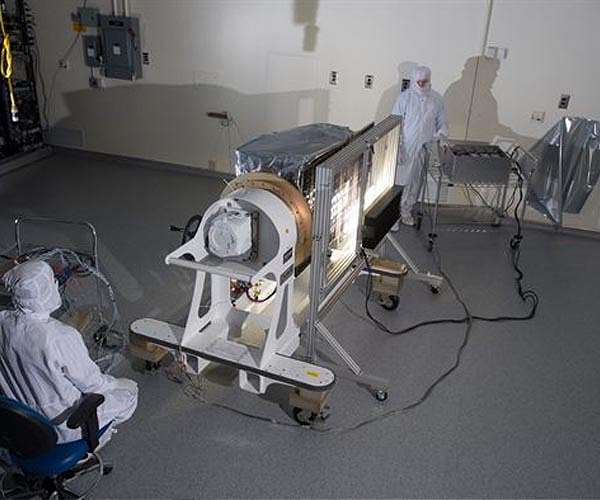

The agency doesn't consider LifeLog an anti-terrorism system, but rather a tool to capture "one person's experience in and interactions with the world" through a camera, microphone and sensors worn by the user. Known as LifeLog, the project has been put out for contractor bids by the Defense Advanced Research Projects Agency, or DARPA, the agency that helped build the Internet and that is now developing the next generation of anti-terrorism tools. "I can't imagine Darpa 'dropping out' of such a key research area.WASHINGTON (AP) - Coming to you soon from the Pentagon: the diary to end all diaries-a multimedia, digital record of everywhere you go and everything you see, hear, read, say, and touch. "I am sure that such research will continue to be funded under some other title," wrote Karger in an e-mail. At Microsoft, for example, minicomputer pioneer Gordon Bell's program, MyLifeBits, continues to develop ways to sort and store memories.ĭavid Karger, Shrobe's colleague at MIT, thinks such efforts will still go on at Darpa, too. Private-sector research in this area is proceeding. To Tien, the project's cancellation means "it's just not tenable for Darpa to say anymore, 'We're just doing the technology, we have no responsibility for how it's used.'"

This is a theme with great importance to both AI and cognitive science." how to help a person capture and organize his or her experience. "We were very interested in the research focus of the program.

"Obviously we're quite disappointed," said Howard Shrobe, who led a team from the Massachusetts Institute of Technology Artificial Intelligence Laboratory which spent weeks preparing a bid for a LifeLog contract. LifeLog would have addressed one of the key issues in developing computers that can think: how to take the unstructured mess of life, and recall it as discreet episodes - a trip to Washington, a sushi dinner, construction of a house. That's too bad, artificial-intelligence researchers say. "After TIA, they discovered they weren't ready to deal with the firestorm of criticism." "Darpa's pretty gun-shy now," added Lee Tien, with the Electronic Frontier Foundation, which has been critical of many agency efforts.


 0 kommentar(er)
0 kommentar(er)
